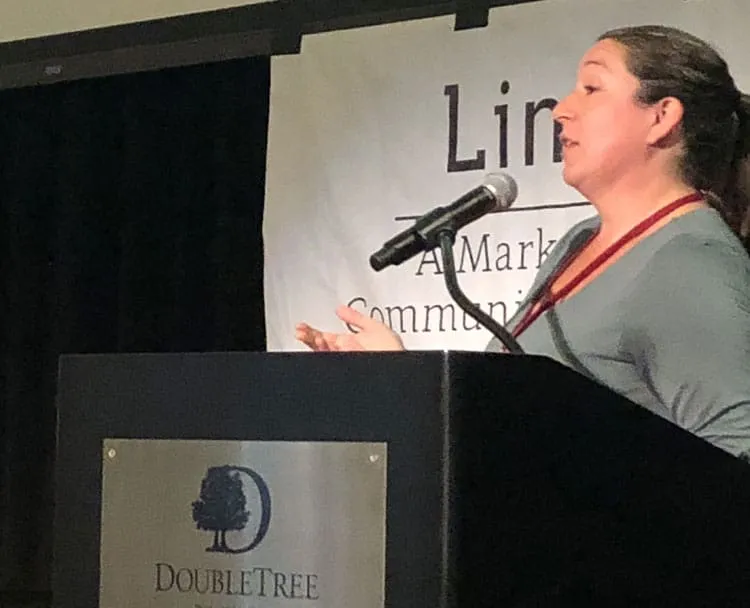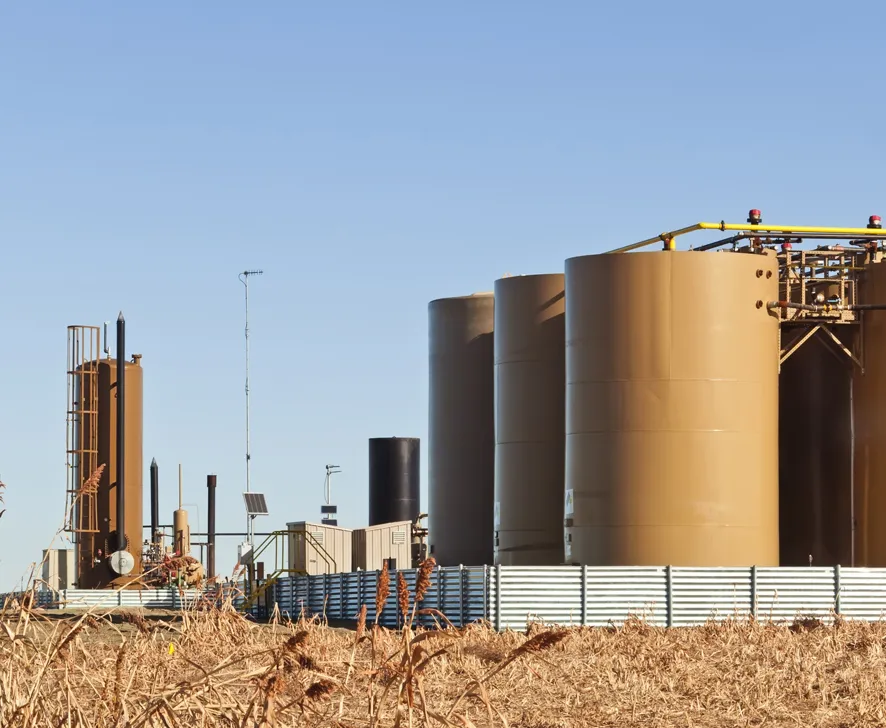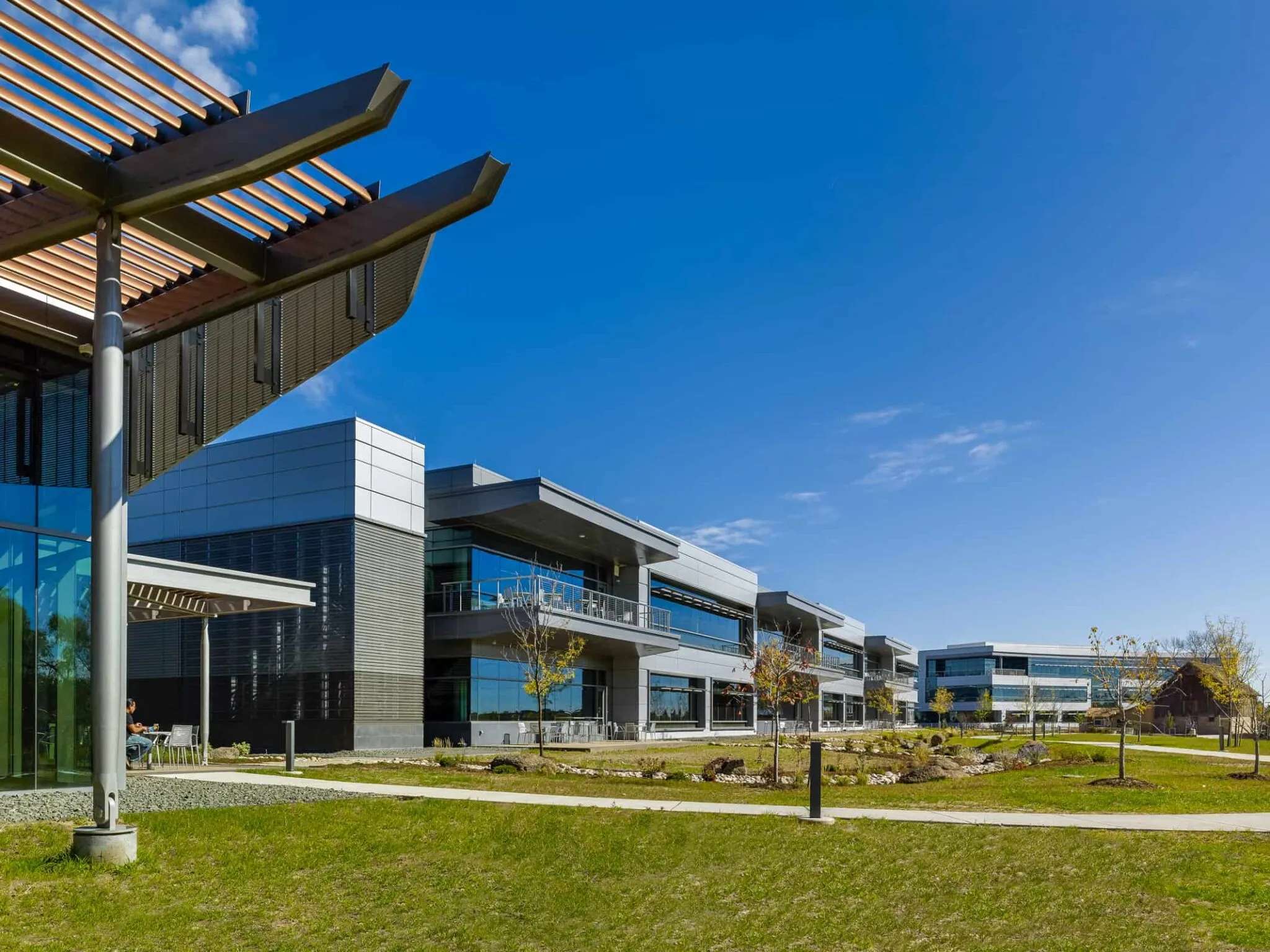Energy industry: Colorado leads nation in regulation

GREELEY — Industry and state regulatory officials say that Colorado is ahead of the nation in its regulation of the industry as it affects safety but the work isn’t done.

Eric Jacobsen, senior vice president of Extraction Oil & Gas, the producer with the No. 3 production acreage in the state, said technology is largely responsible for the industry’s track record.
“Our industry ranks No. 7 out of 83 industries in terms of safety. Industry six…
THIS ARTICLE IS FOR SUBSCRIBERS ONLY
Continue reading for less than $3 per week!
Get a month of award-winning local business news, trends and insights
Access award-winning content today!




